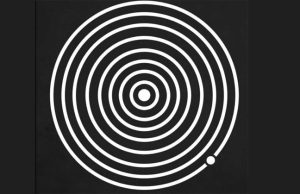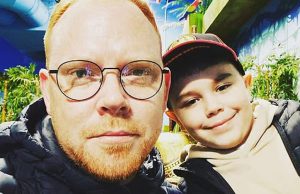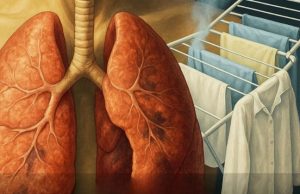7 Not-so-Obvious Symptoms of strσkє Doctors Wish Everybody Knew

When you have a stroke, your brain isn’t getting the blood it needs. You need treatment right away to lower your chances of brain damage, disability, or even death.
Use the FAST test to check for the most common symptoms of a stroke in yourself or someone else.
Face: Smile and see if one side of the face droops.
Arms: Raise both arms. Does one arm drop down?
Speech: Say a short phrase and check for slurred or strange speech.
Time: If the answer to any of these is yes, call 911 right away and write down the time when symptoms started.
Warning Signs
Sometimes a stroke happens gradually, but you’re likely to have one or more sudden symptoms like these:
1. Numbness or weakness in your face, arm, or leg, especially on one side:
This symptom can be misdiagnosed by medical professionals since it’s common in other conditions which pinch arm or leg nerves.
2. Confusion or trouble understanding other people
Strokes affect attention and concentration abilities.
3. Difficulty speaking
This is because stroke victims suffering from facial palsy will lose much of their control over their facial muscles, affecting jaw and tongue movement.
4. Trouble seeing with one or both eyes
The visual pathways are impaired, resulting in visual field loss.
5. Problems walking or staying balanced or coordinated
Balance is commonly impaired by strokes, causing a person to become unsteady or dizzy while moving.
6. Dizziness
Usually, these symptoms do not occur at the same time with partial or facial paralysis
7. Severe headache that comes on for no reason
A stroke is when blood vessels in the brain get clogged, depriving the brain of oxygen.
If you have these symptoms, call 911 even if you’re not sure you’re having a stroke.
Be Prepared
- Learn the warning signs of a stroke and let your family and friends know, too.
- If you have any medical conditions, wear a medical bracelet or other identification that lists them, your allergies, and any medication you take.
- Teach your children the FAST test, plus how to call 911, give your address, and describe what’s happening.
Disclaimer: Tips and suggestions mentioned in the article are for general information purposes only and should not be construed as professional medical advice. Always consult your doctor or a dietician before starting any fitness programme or making any changes to your diet.




















